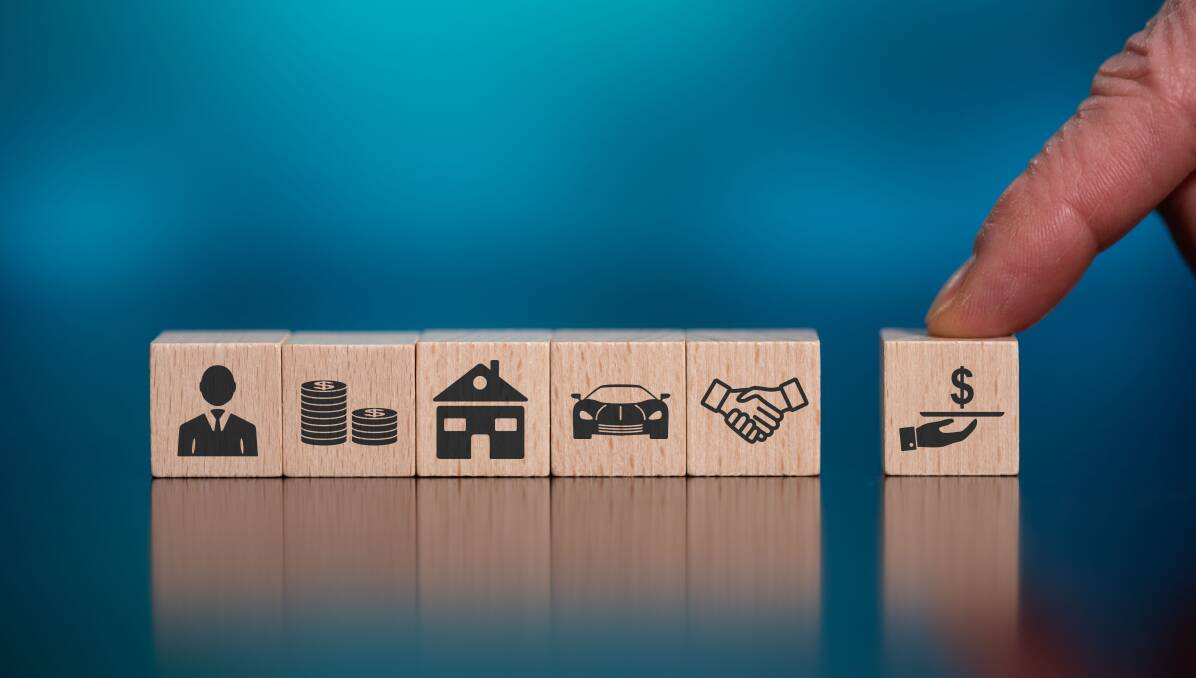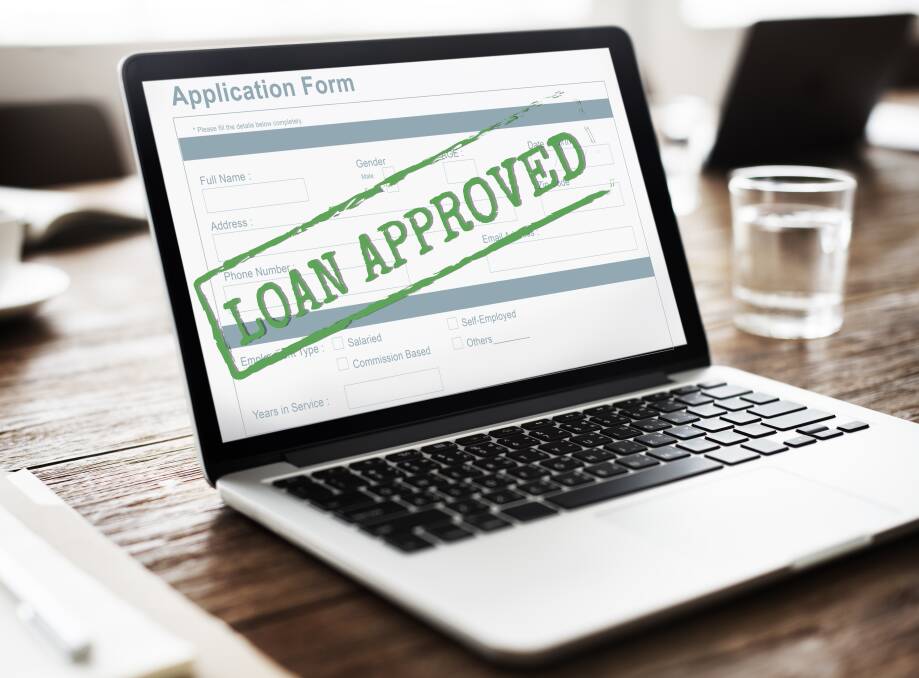What you should know about personal loans before you apply

This is sponsored content for Jacaranda Finance.
The reason why a personal loan is appealing to many is that it offers low interest rates for the consumers with good credit. Many people use personal loans to consolidate debt, make home improvements, pay for any unexpected expenses, and more. However, compared to some types of loans, personal loans offer smaller amounts and aren't always the best solution for everybody.
If you're planning to take out the best personal loans being offered on the market today, below are the things you should know before you apply:
Know when personal loans are suitable
Personal loans may be used for almost anything, but that versatility can make it hard to determine just when you should use one over a more traditional loan. Typically, a personal loan is an option for purchases or some expenses that can be too much to put on credit cards, but there are a lot of other uses for them as well.
Below are some of the examples when personal loans would be suitable:
- College - Personal loans might have better interest rates compared to other student loans, or your income might be too high to qualify for a loan, so this may be a better option for you. However, personal loans don't come with that tax benefits that federal student loans have. You may also check with tax professionals first to ensure you won't get dinged during tax time or take advantage of a personal loan calculator to know if personal loans are a good choice for you.
- Debt Consolidation - The proceeds may be used to pay off your credit cards or other debts. You'll only have to deal with one monthly payment, and you may find that the interest rate of a single loan is lower than the average interest rates for your assorted debts.
- Major Events - You might like to pay for significant events like weddings, but your savings aren't enough. Personal loans may cover the expenses beyond what your savings can afford. Other events that could prompt personal loans include moving to a new place or funerals.
- Unexpected Expenses - A big home repair project or the need to replace any expensive appliances like a furnace might be too much for your credit card. With this in mind, you might want to take out personal loans to cover the cost. Medical expenses can be another unexpected cost that could require personal loans.

There are two types of personal loans
Basically, there are two common types of fast cash loans or personal loans: secured and unsecured.
A secured personal loan is backed by collateral like a savings account. If you can't make payments, your lender has the right to claim your assets as payment for your loan. On the other hand, unsecured personal loans don't require any collateral. Lenders decide whether you're qualified for the loans based on your credit score or financial history. If you're not qualified for unsecured personal loans or you prefer lower interest rates, other lenders provide secured loans instead, which may be a better fit for you.
Know the interest rates and fees
Fees and interest rates can make a huge difference on how much you pay over your loan's period and these may vary from one lender to another.
The interest rates usually range from 5-36 per cent, depending on your credit and on the lender. Generally, if you have better credit, your interest rates are lower. In addition, if the loan term is longer, you'll pay more interest over time.
There are also lenders that charge fees if you pay off your loan early since early repayment may mean that the lenders miss out on some interest that they could've earned instead. Some lenders also charge fees to cover the cost of the loan process.
So, before you sign anything and secure your personal finance, consider calculating the costs associated with the personal loan, including the interest rates, to know the overall cost of money you need to repay.
Be aware of the repayment periods
You'll need a set period to repay the personal loans. The repayment period typically ranges from 12-60 months. The longer of a repayment period you consider, the lower your monthly loan payment will be. However, you have to pay more interest rates in comparison to opting a shorter repayment period. Take note that your interest rates may be tied to your preferred repayment period.
Impact on your credit score
Once you apply for a personal loan, your lender will get information about your credit to know if you're qualified or not-this is referred to as a hard inquiry and may lower your credit scores. Hard inquiries may stay on your credit report for at least two years.
Soft inquiry, on the contrary, is when you're looking for the best rates and your previous lender reviews your credit. This doesn't have an impact on your credit score. So, make sure to consider checking your rates with the lenders that would do soft inquiry to avoid any impact on your credit score.
Conclusion
By keeping the above in mind, you'll arm yourself with the necessary tools you need to make the right decision for all your needs. You can be confident that you're on the right path to achieve your financial needs without any regrets.


